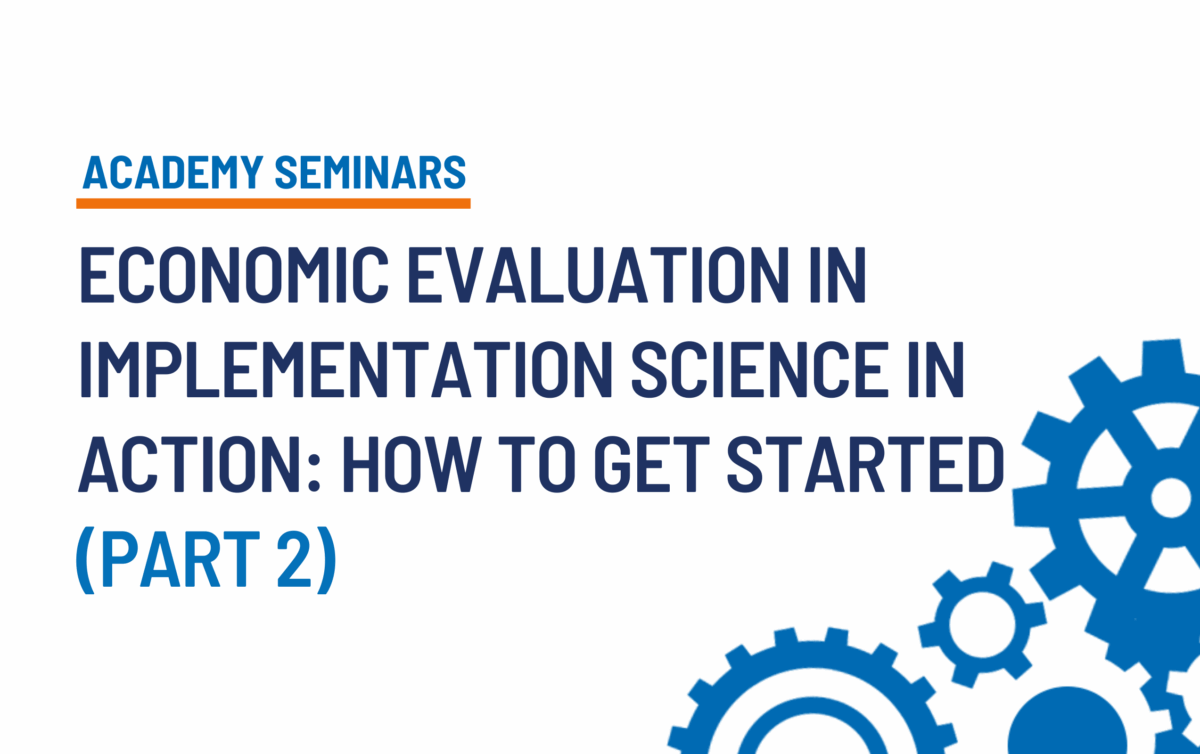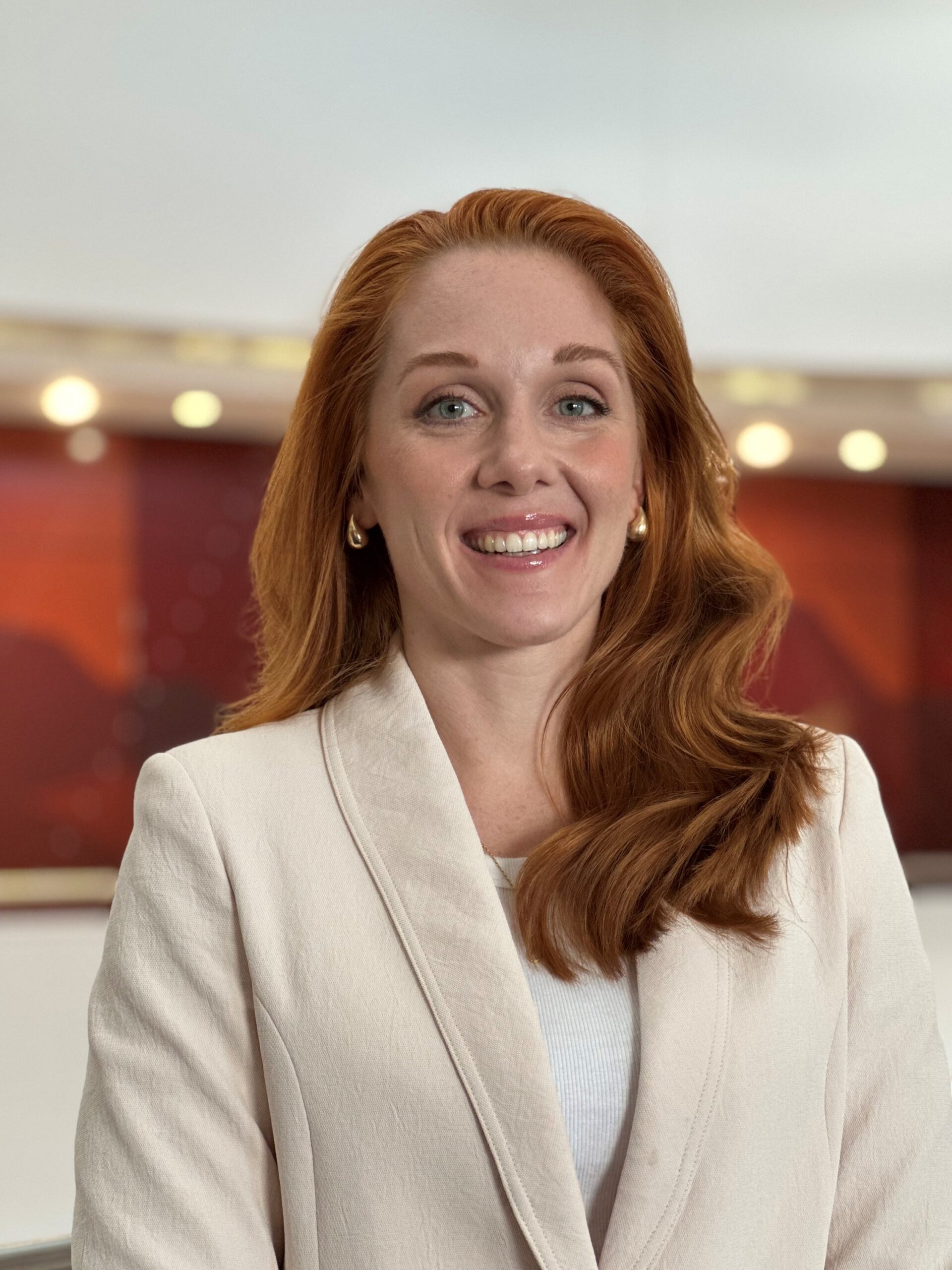Economic Evaluation in Implementation Science in Action: How to Get Started (Part 2)
Location: Online
The final seminar in a three-part series, this seminar is designed to guide participants through the practical steps of developing a program logic informed by economic evidence.

The session demonstrates how to map pathways between implementation activities, resource use, and outcomes, and provides hands-on examples of applying these methods to real projects. Participants will leave with practical skills to develop a program logic for their own research or service context, strengthening the integration of economics into implementation science.
This is the third seminar in the SHP Implementation Science Academy’s health economics series. You can access the previous sessions below:
- Seminar 1: Dr Marina Pinheiro introduced core economic evaluation concepts and methods.
- Seminar 2: Dr Zoe Szewczyk shared 11 key questions to help you collaborate effectively with health economists and how to get started if you don’t have a health economist on your project team.
You don’t need to have attended Seminars 1 or 2 to take part.
ABOUT THE PRESENTER
Dr Zoe Szewczyk is a health economist with a background in nutrition and dietetics. She is currently working as a Research Fellow in the Prevention Research Collaboration, Sydney School of Public Health and her area of research is health economic evaluation of population health and health services interventions, their implementation, and scale-up.
Prior to joining The University of Sydney, Dr Szewczyk worked as a manager in the Health Economics and Social Policy team at Deloitte, and as a Health Research Economist at the Hunter Medical Research Institute.
Since joining The University of Sydney in April 2023, Dr Szewczyk has partnered with government, industry, health service, and academic partners on a range of projects. Including, an evaluation of the Get Healthy Service, a scaled-up chronic disease prevention telehealth program in partnership with the NSW Ministry of Health, Centre for Population Health; a scaled falls and loneliness prevention intervention with the Active Aging Research Team, University of British Columbia; and a range of oral health screening and promotion interventions for infants to older adults, in partnership with the Sydney Dental School.
